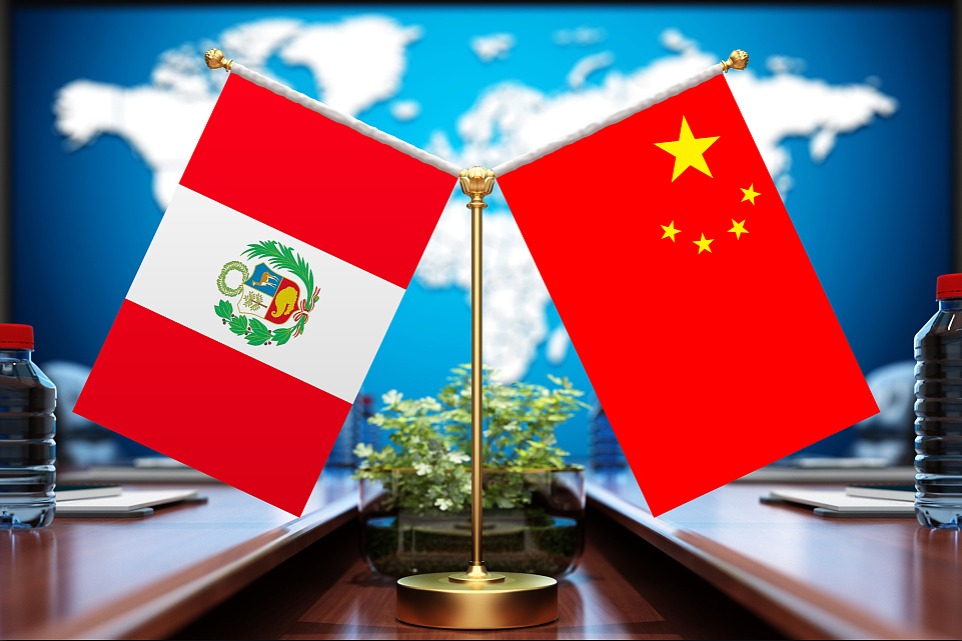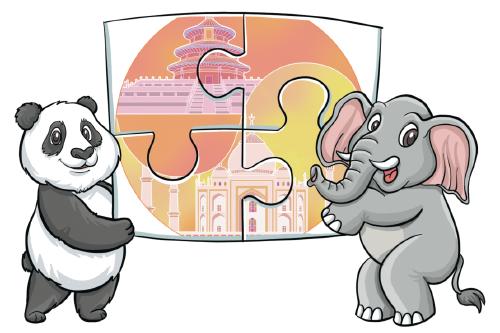Domestic problems and foreign policy remain challenges for Ishiba


Shigeru Ishiba's reelection in less than two months has temporarily averted a personal political crisis for him and saved him from the embarrassment of being Japan's shortest-serving postwar prime minister, but whether he can address the country's political divisions and the chronic economic and social illnesses remains to be seen.
Ishiba took office as Japan's 102nd prime minister in early October but announced the dissolution of the House of Representatives and called for snap polls eight days later to solidify his position. However, the ruling coalition of the Liberal Democratic Party and Komeito lost its long-held majority in the Oct 27 general election, which necessitated the convening of a special session of the Diet to elect a prime minister within 30 days of elections to the lower house of parliament.
At the special session on Monday afternoon, Ishiba received 221 votes to become Japan's 103rd prime minister despite falling short of the 233-majority threshold. Ishiba will have to navigate a complex domestic landscape marked by lingering economic strains, public frustration over inflation, a slush fund scandal, and tough negotiations with opposition parties. The lack of a ruling majority means Ishiba's Cabinet has to bank heavily on opposition parties.
Ishiba has previously expressed a wish to advance thorny political and economic reforms, such as income tax reform, and on the surface such reforms have become a consensus in Japan's political and economic circles, but there is no consensus on how to reform and to what extent. Any failure to properly handle these issues will not only harm the coalition but also Ishiba's standing in the LDP.
How to engage with China also remains a major diplomatic test. If Japan does not depart from its one-sided pro-United States policy, there can be no improvement in its ties with China.
The healthy development of China-Japan relations serves the interests of the two peoples. It is hoped that Japan can work with China to meet each other halfway, abide by the principles and consensus in the four major political documents between them, advance bilateral strategic relations of mutual benefit in an all-round way, and commit to building a constructive and stable relationship that follows the requirements of the new era.


































